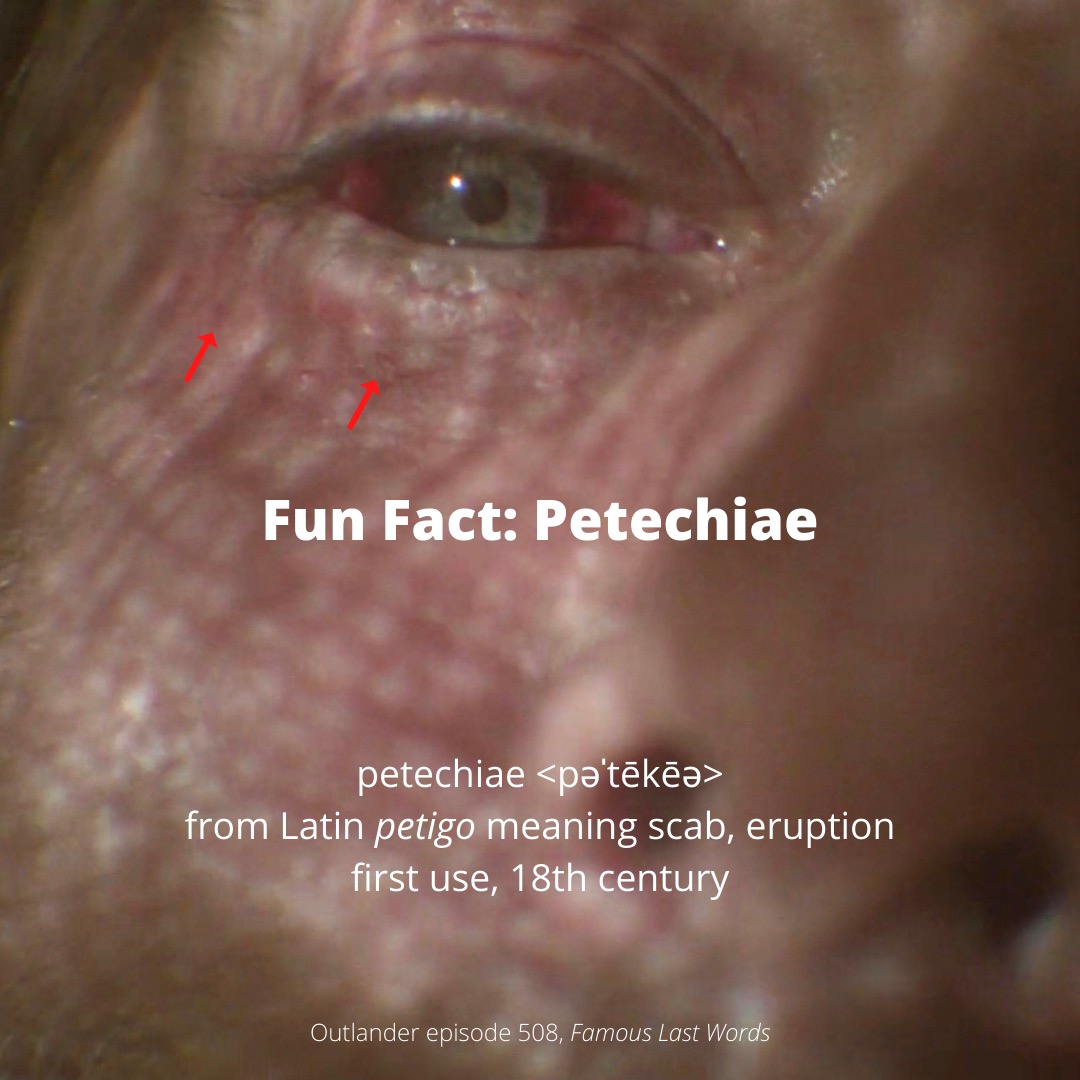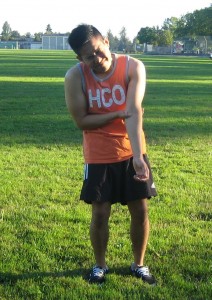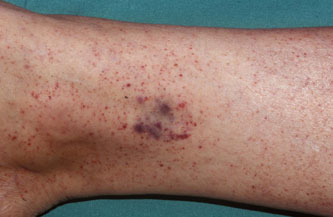

#Pinpoint petechiae how to#
Localized Versus Widespread Rash: How to Decide By the time the rash appears, the child feels fine.The rash starts 12 to 24 hours after the fever goes away.Classic feature: 3 to 5 days of high fever without a rash or other symptoms.Rash: pink, small, flat spots on the chest and stomach.Most children get Roseola between 6 months and 3 years of age.Drug rashes can't be diagnosed over the phone.Hence, the child is taking a fever medicine when the rash starts. Reason: most viral rashes start with a fever. Fever medicines (acetaminophen and ibuprofen) cause the most needless worry.Most rashes that occur while taking an OTC medicine are viral rashes.Non-prescription (OTC) medicines rarely cause any rashes.

Prescription medicines sometimes cause widespread rashes.Reason: some serious infections that can cause this type of rash. All widespread rashes with fever need to be seen.
#Pinpoint petechiae skin#
Widespread blisters on the skin are a serious sign. Rocky Mountain Spotted Fever is an example. It can be caused by a bacterial bloodstream infection. Widespread purpura is always an emergency. It looks like purple or dark red larger spots. Unlike most pink rashes, petechiae don't fade when pressed on. This is a life-threatening bacterial infection of the bloodstream. Scattered petechiae with a fever are caused by Meningococcemia until proven otherwise. Petechiae are purple or dark red colored tiny dots. Caused by overgrowth of bacteria in hot tubs. Rash starts 12-48 hours after being in hot tub. Mainly occurs on skin covered by a bathing suit. Causes small red bumps that are painful and itchy. Non-flying insects are more likely to cause localized bumps. Flying insects can cause many bumps on exposed skin. Mainly involves neck, chest and upper back. Most cases of hives are caused by a virus. Rashes that are bumpy and itchy are often hives. Only 10% turn out to be allergic drug rashes. Most rashes that start while taking an antibiotic are viral rashes. No more serious than a Strep throat infection without a rash. Starts on upper chest and quickly spreads to lower chest and stomach. Scarlet Fever is a speckled, red rash all over. Not usually seen in children unless someone in the home has monkeypox. A rare viral rash that often starts on the face or genital area. A red blotchy rash appears around day 3 of the illness, first on the face and then on other areas. Symptoms include fever, red eyes, runny nose, cough, and spots on the inside cheeks. The measles virus is becoming more common among young children who do not get the routine childhood vaccinations including the MMR (mumps, measles, rubella) shot. It starts with tiny red spots and blisters on the palms and soles. This is the most common viral rash in the first 3 years of life.

Your child may also have a fever with some diarrhea or cold symptoms. They occur on both sides of the chest, stomach and back. Viral rashes usually have small pink spots. Small spots, large spots or solid red skin.Sometimes, just on hands, feet and buttocks - but same on both sides of body.Red or pink rash over large parts or most of the body (widespread).


 0 kommentar(er)
0 kommentar(er)
